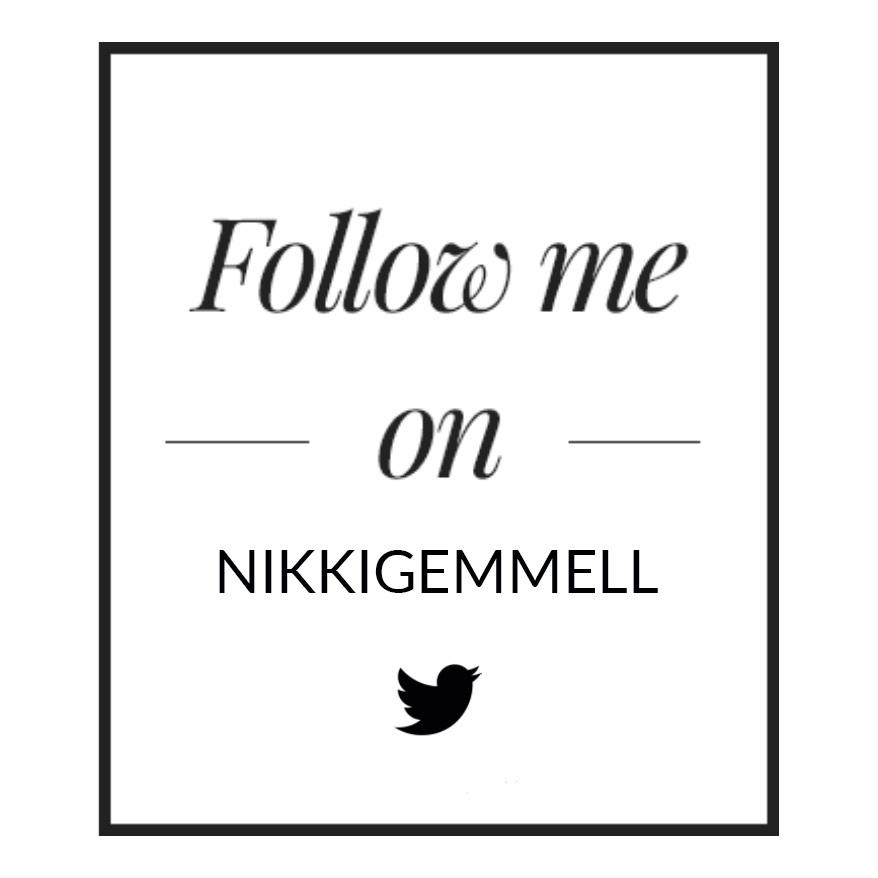
Three children wake up in a basement room. They have been drugged and taken from their beds in the middle of the night. Now they are here. Alone.
Where are their parents? Who can they trust?
The family has been betrayed to the government and Salt Cottage, their home on a cliff top above the ocean, is no longer safe. Their mother’s scientific work has put them all in danger. To protect them, she must let them go. She must put her faith in an old family friend – and in her children’s own resilience and courage.
The Book of Rapture is the new must-read novel from Nikki Gemmell. Searing, provocative and unputdownable, it’s a book of our time that challenges our beliefs about science, about children, about marriage and trust. As passionate as her international bestseller The Bride Stripped Bare, it will compel, seduce and haunt you.
Some thoughts from the author
• “Rapture” takes as its cue Salman Rushdie’s rallying cry for novelists… “A writer’s work is to name the unnameable, to point to frauds, to take sides, start arguments, shape the world and stop it from going to sleep.”
• This isn’t a book of place but of the planet. I feel like I’m taking on the world with this one.
• I like provocative books that force the reader to face uncomfortable truths.
• I see it as a companion to “Bride Stripped Bare” in many respects. It’s the same structure and tense: both use the second person. I imagine the two of them one day standing side by side in a little slipcase.
• Both books are examining female journeys; what it is to be a woman in this world.
• Both books have lessons from other texts framing each chapter, to guide the protagonist on her momentous journey – and the reader. And they both tackle big issues. This new one feels every bit as driven and passionate as “Bride.” And just as risky!
• The key for me as always is honesty. I like going places where other writers don’t, provoking as well as enchanting if I can.
• This one’s about a woman softening into accepting – and respecting – difference. Becoming less judgemental, less fierce (don’t we all with age?) Motherhood puts you at the coalface of living, and this woman becomes fuller and richer, more compassionate, because of it.
• With all my novels – whether it’s been Aboriginal Australia, Antarctica, exile or sex or whatever – I write to explore, and to understand. This time I wanted to look at spirituality among other things. It feels of- the-time, post 9/11. I’m fascinated by the pull of it over people.
• It’s about a scientist who develops a weapon on mass destruction like no other. It examines the conflict between science and religion from, I think, a rare female perspective. Engages with spirituality in a (hopefully) fresh way – timely, in this Dawkin’s era of scepticism.
• It asks questions like: Are human beings incapable of ethics and morality without inventing a god? Have we outgrown religion? Does goodness evolve? If science does destroy religion – what moral code do we then live by? The God of mysteries: is that all that is left? (because science has explained so much…) Have we outgrown the religious approach to the world? What can science tell us about love/heroism/sacrifice/laying down one’s life for another, all that. (I wanted a book that embraces the heroism of the human.)
• Religion is about how humans should behave. Science has no such fences. Thought it was a good idea to explore.
• One editor said the novel reminded her of “Lost.” Yes! I’ve devoured that show. The sense of mystery, the unfolding jigsaw, the engaging with science and religion. Other influences: the Chapman Brothers, Hellebeque, the freed French/Colombian hostage Ingrid Betancourt, Picasso’s Guernica, Goya. It was also handy that Karadvic (a former doctor) was caught as I was writing: lots of interesting comment pieces out there.
• The book is also inspired by of all things, Seamus Heaney’s Beowulf. I wanted to try a new form of fiction, if I could, with echoes of an epic poem. A narrative for our time, a mythic story about the old world and the new – a book that hopefully sings with hope in this fresh Obama world.
• It could be any place that’s been under occupation, where freedom has been under threat. References to China, Tibet, East Timor, Afghanistan, Palestine, Iraq, North Korea, Northern Ireland, Chile, Aboriginal Australia. It’s a story of oppressed or displaced people. I wanted relatively complacent western readers to understand something of what it must be like for these people. But I also wanted to make it a very modern yarn…
• Also exploring an emotional, deep-in-the-blood-and-bones attachment to land – and the wrench experienced when you’re removed from it.
• Edna Obrien said “books should make a disturbance. A writer must try to open doors and walls and cracks that are dangerous to open.” Yes.
• “Raise whirlwinds, goad and lacerate.” Indeed. And always in my head is the Ezra Pound aphorism “make it new.” I love aiming for something fresh and unique every time. Something that’s never been done before. My heart has to be in whatever I’m working on – and my heart just isn’t in repeating myself.
• Last word to Salman Rushdie again: “wrestle with the world….very few writers (have) the courage or even the energy to bite off a big chunk of the universe and chew it over.”





What do you think?